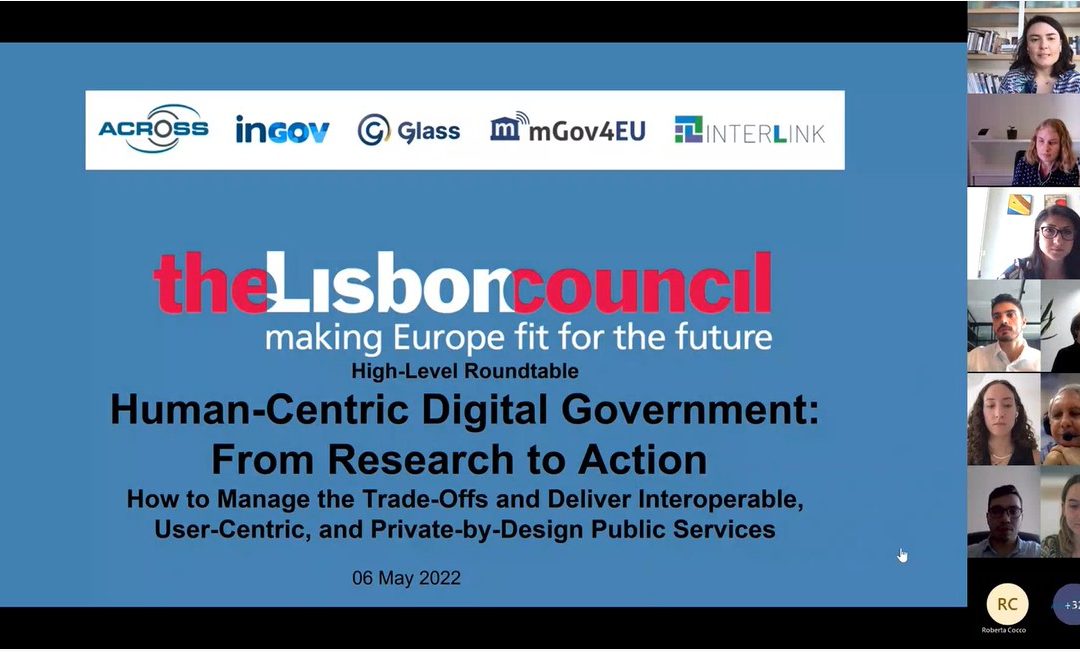How to Manage the Trade-offs and Deliver Interoperable, User-Centric, and Private-by-Design Public Services
European citizens and businesses do not have yet widespread access to cross-border digital public services. Only 43% of critical public services can be accessed online across the European Union, against 81% of national services. The European Commission has taken action and is proposing regulations and unleashing funding to enable cross-border service delivery. The single digital gateway will become operational in 2022, and the regulation on the digital eID wallet proposed by the European Commission will make public services securely accessible across Europe. The digital Europe programme will launch the first pilot projects on eID later in 2022, and the recovery and resilience facility devotes €47 billion to digital government.
How can we ensure that such ambitious strategies and resources deliver the promised results? And what does it take to make European public services interoperable, user-centric and apply privacy-by design?
To find the answers, the Towards User Journeys for the Delivery of Cross-Border Services Ensuring Data Sovereignty (ACROSS) project convenes the High-Level Roundtable on Human-Centric Digital Government: How to Manage the Trade-offs and Deliver Interoperable, User-Centric, and Private-by-Design Public Services. Bringing together leading experts in digital government, policymakers and researchers from five ongoing Horizon-2020 funded projects involving 51 partners from 18 different countries, the roundtable will dive into the lessons learnt from piloting interoperable, user-centric and secure cross-border solutions.
Roberta Cocco, co-chair of the advisory committee at the ministry of technological innovation and digital transition in Italy and former deputy mayor of Milan, kick-off the discussion with a visionary keynote on the real-life challenges of policymakers in reconciling greater.
Watch our video to learn more: https://www.youtube.com/channel/UCdF9AF8eeoaT1cJJ9Tt2gYA

